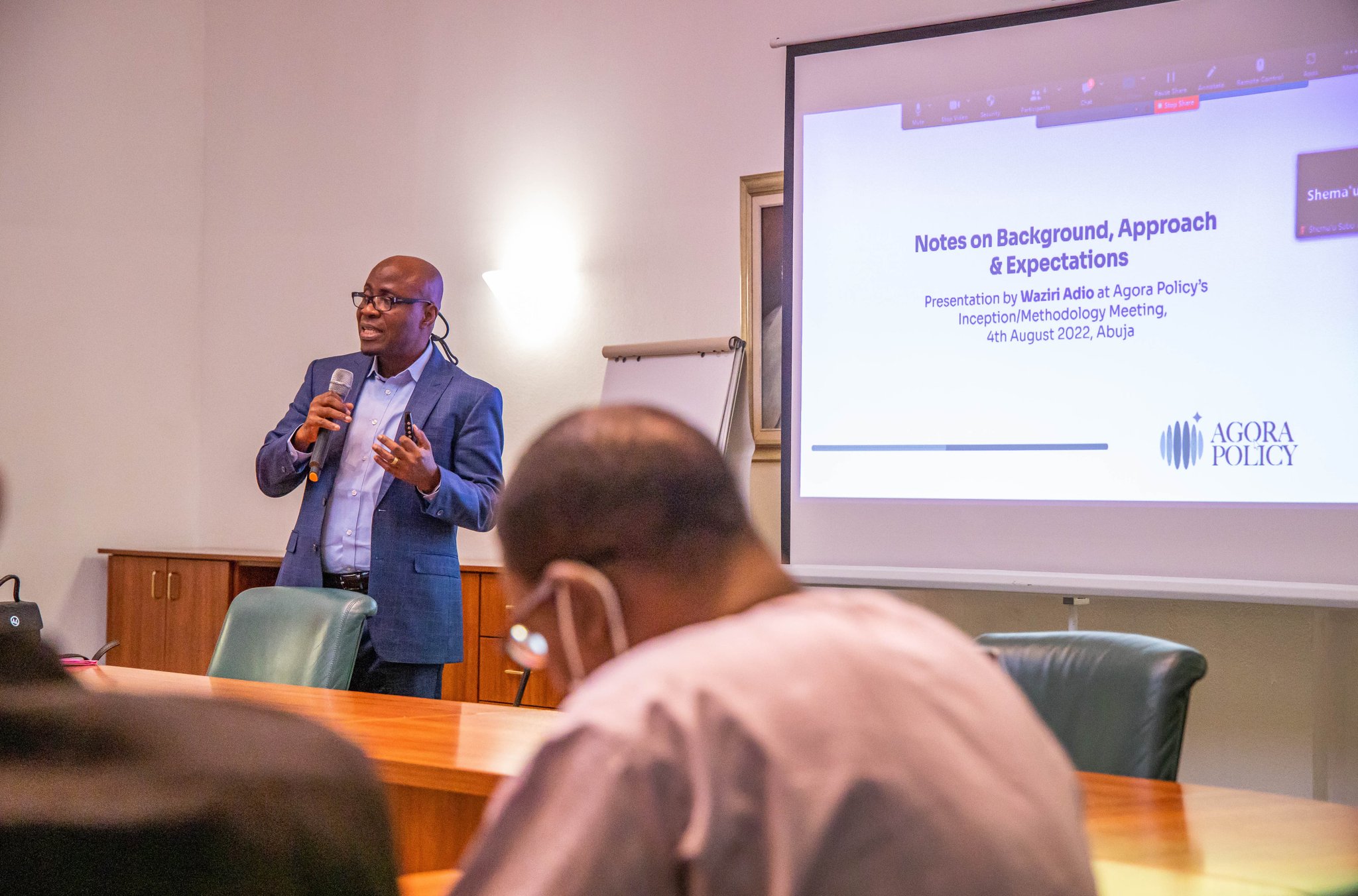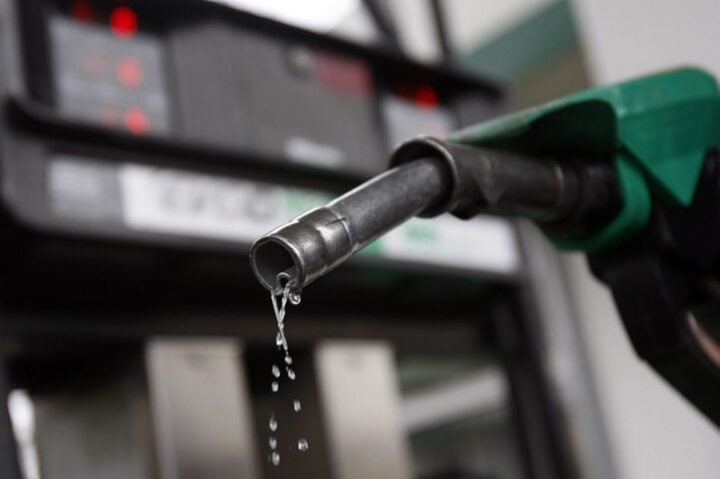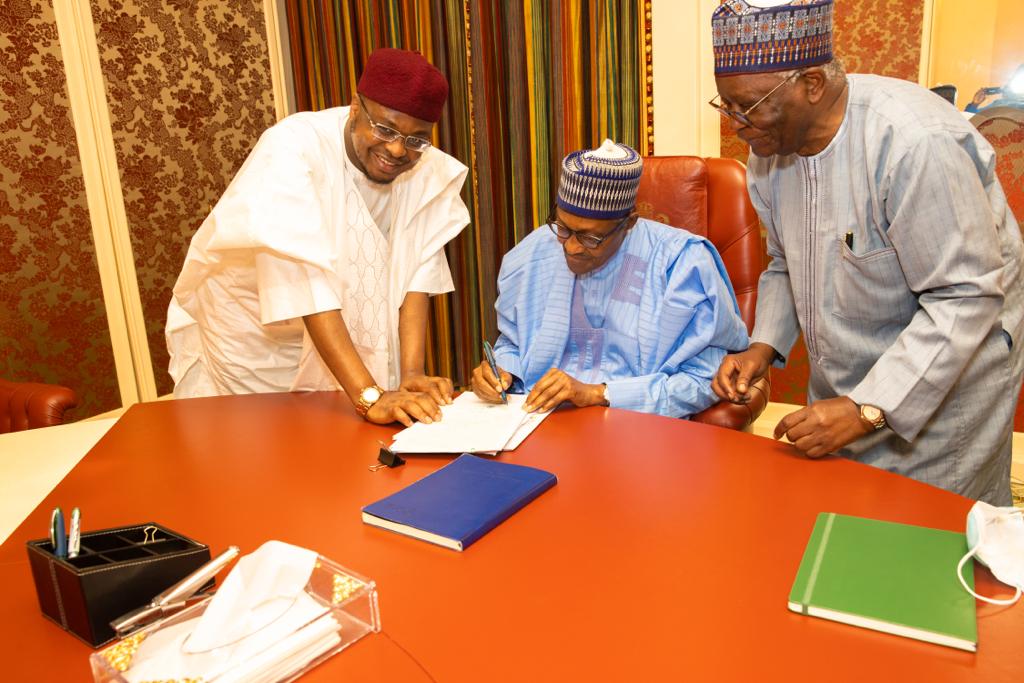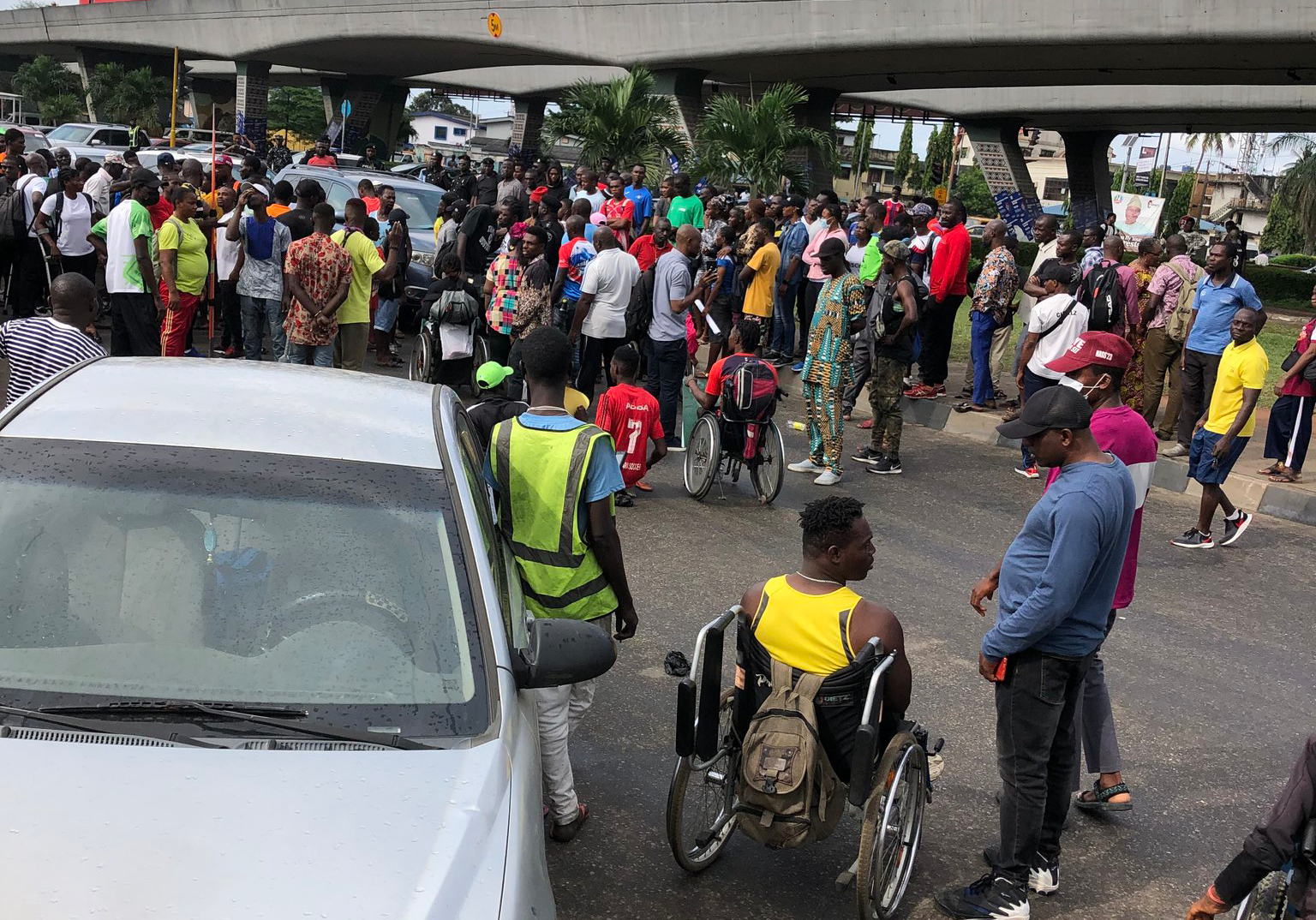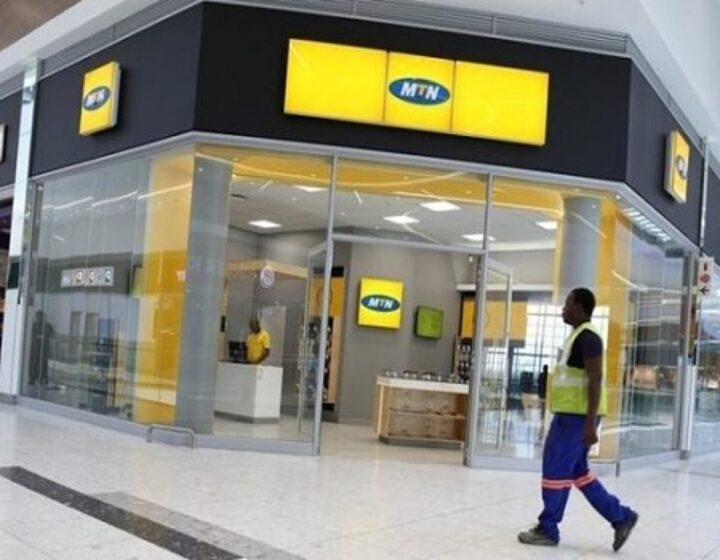Agora Policy, an Abuja-based think tank set up to find practical solutions to urgent national challenges, has recommended ways the next government in Nigeria can fix the nation’s economy.
In its maiden policy report ahead of 2023 general elections titled “Options for Revamping Nigeria’s Economy,” Agora Policy said Nigeria’s revenue has only grown by 81 percent in 10 years, while expenditure has increased by 179 percent — leaving the country with a considerable deficit.
To deal with the revenue challenge, the organisation recommended that the federal government amend Nigeria’s Fiscal Responsibility Act, and enforce existing provisions of the act.
The think tank founded by Waziri Adio, former executive secretary of the Nigeria Extractive Industries Transparency Initiative (NEITI), highlighted that Nigeria’s domestic debt is more than reported by the Debt Management Office (DMO).
Advertisement
To fix the numerous challenges underlined by the report, Agora Policy made some recommendations that could help the next government build a prosperous Nigeria.
According to Adio, the decision to focus on the economy was driven by the need to expand policy and programmatic options for the current and next administrations.
Here are seven ways Agora Policy wants the next government to fix Nigeria:
Advertisement
Amend Fiscal Responsibility Act
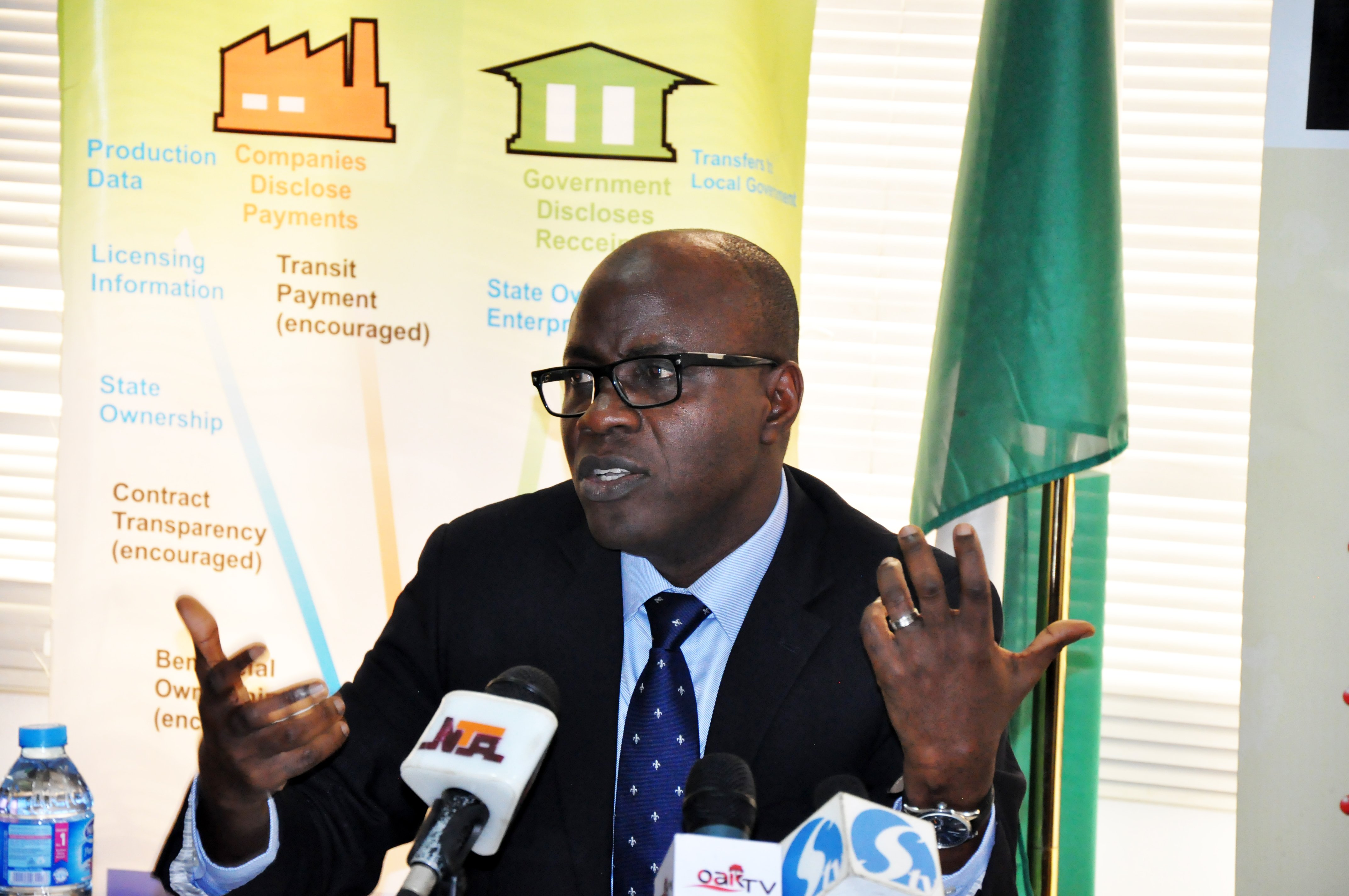
The most critical policy issue for the Federal Government, the paper states, is inadequate revenue. The report shows that FG’s “tax revenue-to-GDP shrank from 8.2% in 2011 to 4.4% in 2019”.
It argues that the Fiscal Responsibility Act mandates revenue-generating agencies to remit 80% of their operating surpluses to the Consolidated Revenue Fund and retain 20 percent in their reserve fund.
Agora Policy said “there are many revenue-generating agencies that either fail to remit any revenue, or remit a very small fraction to the government”.
The think tank recommended that “the Fiscal Responsibility Act should be amended to stop funding revenue-generating agencies from the Federal budget; and set penalties for agencies that fail to remit their stipulated operating surpluses”.
Advertisement
Phase out CBN’s FX restrictions
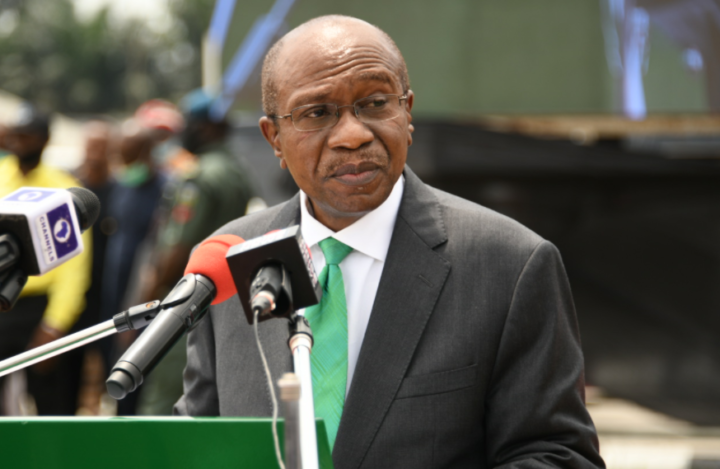
The report showed that Nigeria has recorded persistent trade deficits in recent years, clocking a deficit of N1.9 trillion in 2021.
The think tank highlighted that “current account balance decreased from +N13 trillion in 2011 to -N16 trillion in 2020 before moderating to -N2 trillion in 2021”.
Some of the reasons stated for this include “recent heightening of protectionist trade policies as evident through higher tariffs, levies, import bans on some commodities, land border closure, and foreign exchange restriction on the importation of 42 items by CBN”.
To tackle this, Agora Policy recommends that “the distortionary non-tariff measures need to be urgently reviewed and/or phased out”.
Advertisement
“These include: (i) the foreign exchange restrictions on 42 products by the CBN; (ii) review of the import prohibition and absolute import prohibition lists and perhaps replacing these trade policy tools with tariff duties or import quotas; (iii) change in government policy on border closure from partial reopening to the full reopening of closed land borders”.
End subsidy and oil theft
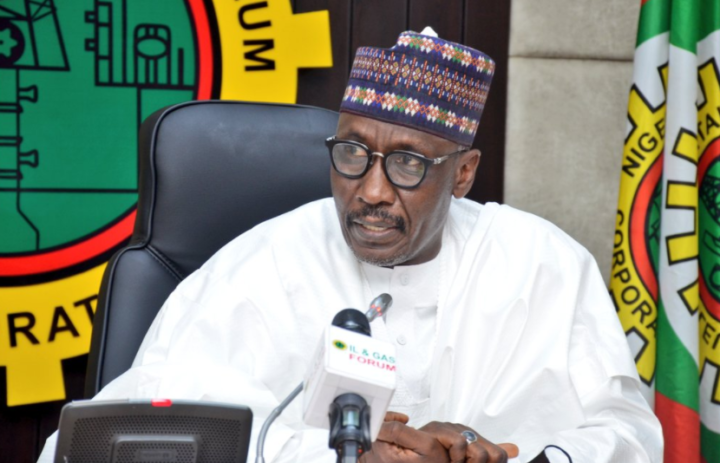
The policy report said Nigeria’s revenue problem is compounded by leakages such as increase in oil theft and petrol subsidy, both of which significantly reduce oil revenue.
Advertisement
The report argues that most of the revenue that should accrue from sale of federation oil is swallowed by petrol subsidy, which “goes more to the rich than the poor”.
According to the report, petrol subsidy alone gulped N1.59 trillion in the first half of 2022 (January to June).
Advertisement
“The N1.59 trillion half-year expenditure on petrol subsidy dwarfs the full-year 2022 budget for social development and poverty reduction (N462 billion), health (N876 billion), education (N1.34 trillion) and infrastructure (N1.42 trillion),” the report reads.
It concludes that “petrol subsidy is no longer sustainable and should be removed but its removal should be accompanied with effective communication and targeted transfer to the vulnerable”.
Advertisement
Widen tax net and increase VAT to 10 percent
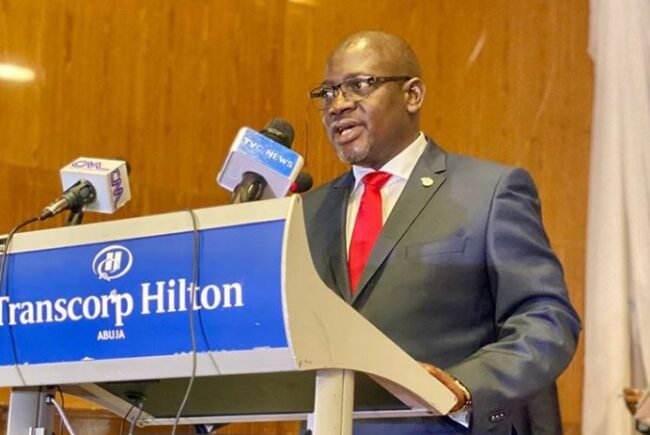
One of the solutions recommended by Agora Policy was an increase in value-added tax (VAT) to 10 percent, while also widening and automating the tax net.
“The FIRS has admitted that less than 20 million out of over 68 million business actively pay taxes, implying that less than 30% of businesses pay tax,” the report read.
“The FIRS should collaborate with the National Bureau of Statistics and the Corporate Affairs Commission to ensure compliance in payment of CIT by companies.”
As for automation, Agora Policy stated that the FIRS has started VAT automation to install software to automatically collect VAT.
However, this has been restricted to some large cities and some sectors, largely retail.
“This VAT automation drive needs to be ramped up to all states and cities. In addition, it needs to be extended to all sectors of the economy,” the report read.
Sell and concession some FG assets
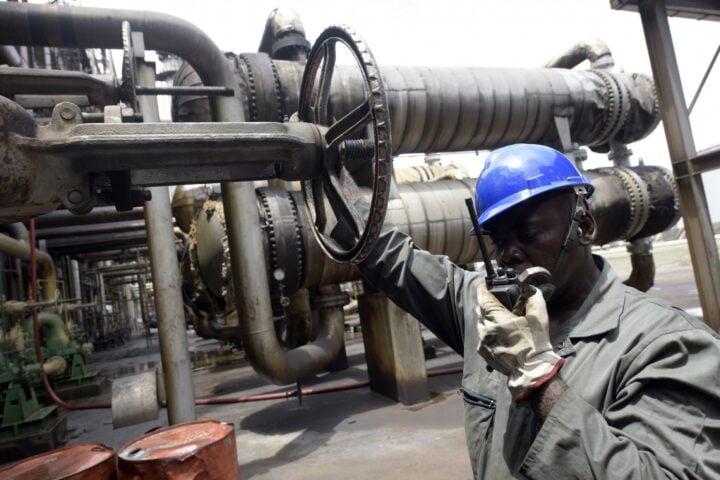
“There are many government assets that are either not generating revenue at all, or are generating revenue that is grossly below their potential,” the report read.
The think tank advises that “some of the assets can be sold outrightly to provide immediate/short-term funds for the government.
“In addition, some other assets can be offered to private operators who pay a lumpsum fee upfront, and then make payments at agreed regular intervals.”
Jobs. Jobs. Jobs

Agora Policy found that between 2011 and 2020, “the unemployment rate increased by nearly six times, from 5.9% in 2011 to 33.3% in Q4 2020”.
Consequently, the number of unemployed persons “rose to 23.2 million in Q4 2020. Youth unemployment (15–34 years old) increased from 8.04% in 2011 to 42.49% in Q4 2020”.
The organisation argued that there is “a need to urgently increase investment in digital technology in rural areas to create more jobs and economic opportunities”.
The report says to create more jobs, the government needs to tackle insecurity in rural areas, access to finance, and deal decisively with corruption, bureaucracy and red tape in administrative processes by government officials.
Invest in critical infrastructure
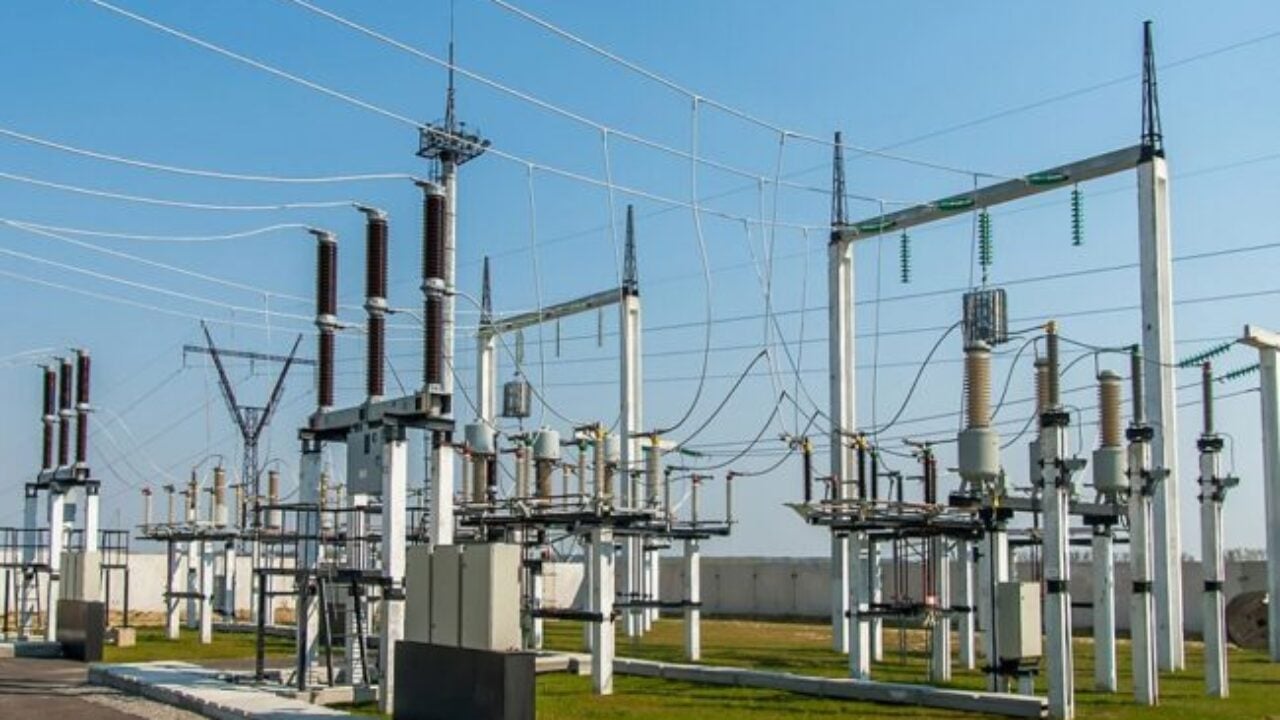
With a population of about 200 million, Nigeria has the capacity to generate only 12,000 megawatts (MW) of electricity, and realistically, is only able to distribute about 5,000 MW, the report adds.
This has led to the death of many SMEs and the exit of multinational companies from the country to other nations.
According to the report, so is the case for roads, which affect a majority of agricultural produce due to inability to reach markets on time due to bad roads.
The think tank recommends that “active efforts need to put in place to develop critical infrastructure to facilitate economic activities”.
“There is an urgent need to restructure the fiscal profile of MDAs that provide infrastructure (such as ministries of works, power, housing, water resources, etc.) and allied services by ensuring that recurrent expenditures are drastically reduced to boost capital expenditure”.
Agora Policy says it will publish three more reports ahead of the 2023 elections on security, gender and social inclusion, and transparency and accountability.
Add a comment

